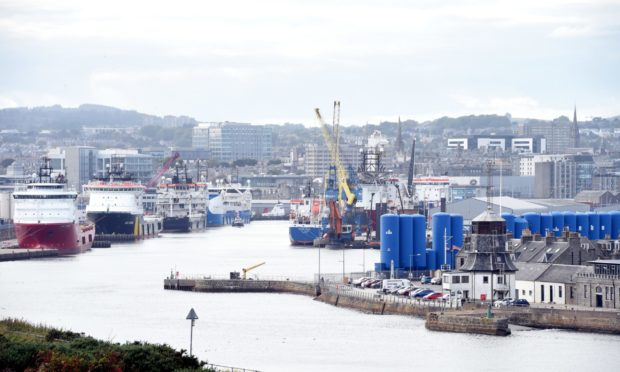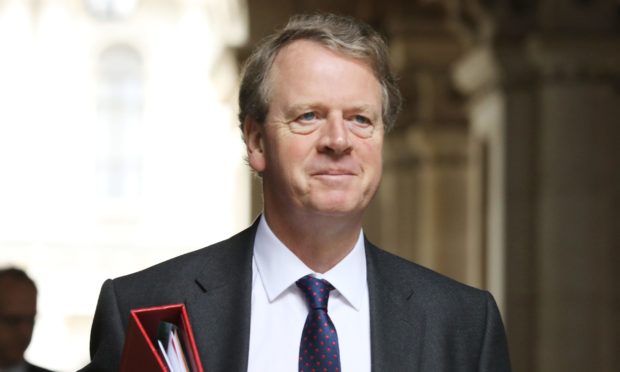Talks to establish special tax status at a port in Scotland are on the brink of being agreed, despite a simmering row over government threats and ultimatums.
It is understood crucial details of the so-called freeports were hammered out between the UK and Scottish administrations on Friday.
When finalised, it could mean jobs and investment in the north or north-east. Aberdeen is widely seen as a likely site but there has also been interest for the Cromarty Firth and Dundee.
Freeports are usually located at harbours and airports. They are granted special status and can defer paying tax until products are moved on.
The UK had seven freeports until 2012. The UK Government announced eight locations for new ones in England in March.
Conservatives estimated a north-east freeport could deliver around 20,000 new “employment opportunities”, based on plans for Teeside and the Thames.
At the same time as the English plans were confirmed, we revealed that UK Government ministers were threatening to bypass Holyrood if the SNP refused to step down on crucial details over the name and conditions attached to the project.
The suggestion infuriated the SNP and raised concerns about the Conservative attitude to devolution. Since then, talks have stalled and the Holyrood election got in the way.
On Friday, the UK Government Scottish Secretary, Alister Jack, spoke with Scottish Government trade minister Ivan McKee.
It’s understood the SNP is preparing to accept the name freeport instead of their earlier call to brand them greenports.
However, it also appears the UK Government has come round to the Scottish Government’s focus on “fair work and environment” conditions, with just the final wording to be confirmed.
A letter from Mr Jack to Mr McKee states: “The broad thrust of your proposals in this area is not problematic, because it reflects agreed and established policy across the UK.”
The letter also sets out how far UK responsibilities are attached to the scheme – from tax and customs to governance structures.
‘I would be happy to launch jointly’
It adds: “I look forward to your confirmation that you wish to work together on Freeports by close on Monday 5 July. We can then rapidly set up an official committee to finalise the draft prospectus, which I would be happy to launch jointly.”
But there is the additional warning: “Should you be unable to agree, I will write to port authorities and local authorities to explain how the UK Government will implement the UK-wide Freeports policy in Scotland. I would do this with a heavy heart, because I believe strongly that citizens and businesses across Scotland benefit most where we work together and I have made every effort to try to reach agreement with you.”
A Scottish Government source said the talks had been frustrating, with claims Mr Jack had been “getting in the way” by pushing a partisan line to stamp the UK Government’s authority over it.
But in a jibe at Mr Jack, the source added: “This was muscular unionism without the muscle.”
There was also anger at the lack of detail on funding commitments for a project the UK Treasury was funding south of the border.
Despite the frequent deadlines and ultimatums, SNP Government ministers are still looking for an agreement to ensure Scotland benefits.
Earlier this month, Mr McKee invited business leaders and government ministers together to unlock the stalled talks.
At the time he said: “The Scottish Government remains committed to working in partnership with the UK Government to ensure the benefits of green ports are equally felt by businesses across the UK. However, we have been frustrated at the lack of cooperation from the UK Government who appear to be unwilling to agree to our green port ambitions on fair work and net zero.
“We want to ensure businesses in Scotland receive the same level of incentives and assistance from the UK Government as those offered to freeports in England.”
Responding to the latest developments, Mr McKee said: “Should the UK Government move forward with a proposal that does not include a commitment on fair work and net zero, the Scottish Government will not support this initiative.
“To ensure there is not a race to the bottom on workers’ rights and the environment, the Scottish Government will challenge any attempts by the UK Government to impose their model in Scotland by legislating in devolved areas, which would be a breach of the spirit of the devolution settlement.”


